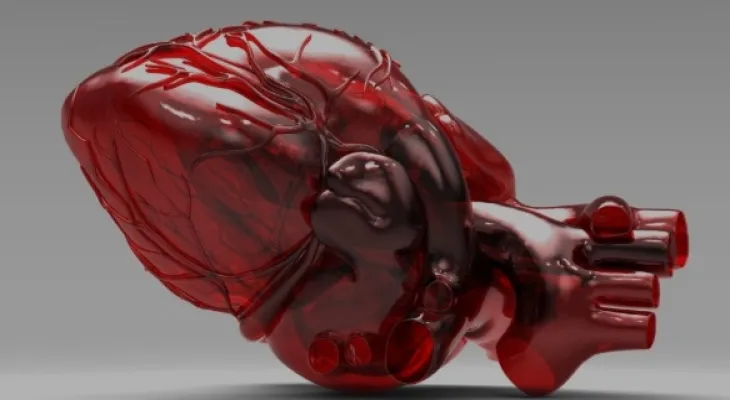Search here
Newspaper
Search here

Arab Canada News
News

Published: October 22, 2023
Although 50 percent of Canadians have been affected by heart disease and strokes in some cases according to the Heart and Stroke Foundation, a much smaller percentage understand the important information related to the health issue.
This is according to a new Heart and Stroke survey, which also found that one in three Canadians do not understand the difference between cardiac arrest and a heart attack and do not know that men and women exhibit different signs when experiencing a heart attack.
"The most concerning [research findings], in my opinion, is that a third of Canadians believe it is difficult to recognize the signs of a stroke unless you are a trained healthcare professional," said Leslie James, spokesperson and director of heart disease and stroke for CTVNews.ca on health policy and systems, adding: "It’s easy to recognize the signs of a stroke, and everyone should know that. It’s extremely important because a stroke can happen to anyone at any age.
The online survey conducted by the Environics Research Group asked 2,003 Canadian residents aged 18 and older about their understanding of heart disease. Data was collected between May 29 and June 9, 2023.
While some may think that the terms cardiac arrest and heart attack can be used interchangeably, in reality, they are two different health conditions.
According to Heart and Stroke, cardiac arrest is when the heart suddenly and unexpectedly stops beating. Meanwhile, a heart attack occurs when the blood flow to the heart slows down or is blocked.
According to the survey, one in three Canadians do not know that these two conditions are different.
"There has not been enough education and awareness about the differences between the two," James said. "That’s why we hope to raise awareness and increase people’s understanding." "Both are medical emergencies and require immediate medical attention."
On the other hand, a stroke occurs due to a blockage in the blood flow to the brain.
According to Dr. Robert Fahd, a neurologist at Ottawa Hospital, heart attacks and strokes result from the same underlying risk factors related to the vascular system, which include smoking, diabetes, cholesterol, high blood pressure, obesity, and lack of physical activity. Fahd told CTVNews.ca in an interview that these factors cause the majority of strokes and heart attacks in Canada.
The signs of a heart attack are different for women...
There is also a difference in how the signs of a heart attack present in men and women, a fact that one in three Canadians do not know.
"What we consider a heart attack is likely what happens in men. But women experience heart attacks differently; they may not have a 'Hollywood' style heart attack where someone has chest pain and clutches their chest."
Instead, women may experience shortness of breath, pressure, or pain in the lower chest or abdomen, dizziness, pressure in the upper back, or extreme fatigue.
At the same time, the survey revealed that these symptoms are often unknown to half of Canadian women since the symptoms are often not as severe as those in men.
James said, "What needs to happen in this regard is raising awareness about the signs of a heart attack in both sexes."
As for why the symptoms differ in women, Fahd has some thoughts.
Fahd said, "We know that women’s physiology is slightly different because women produce more estrogen, which has different effects on the cardiovascular system. So women can have heart attacks at a different age than men and with different severity, and they can be more or less serious."
Fahd also added that many women tend to underestimate the severity of the symptoms they experience, leading to the risk of irreversible damage or even death.
He continued: "Women are often underrepresented in studies and trials related to strokes and heart attacks. That’s why we don’t have a clear understanding of all the underlying mechanisms. And there may be a lot of work to be done in this regard to develop appropriate medications and care for women who suffer from these diseases."
Comments